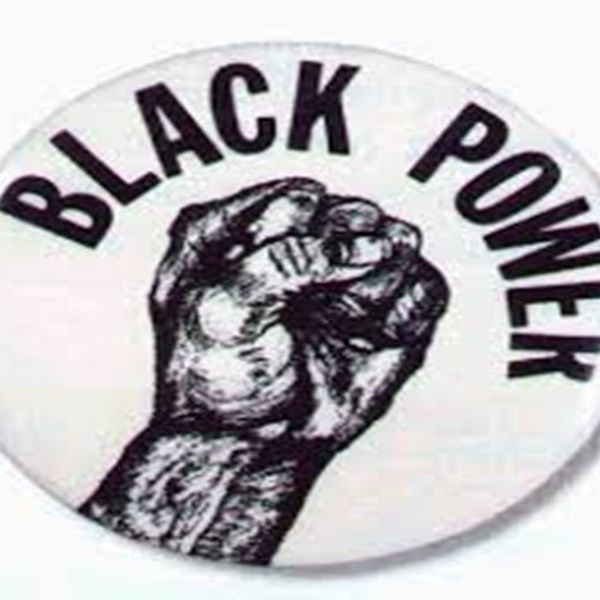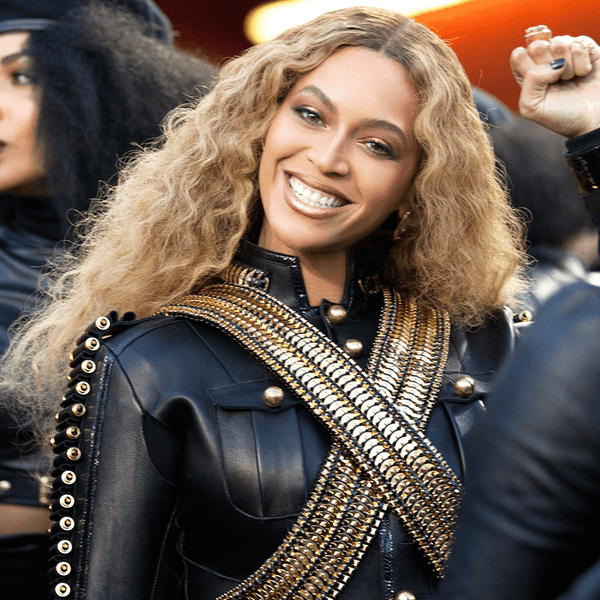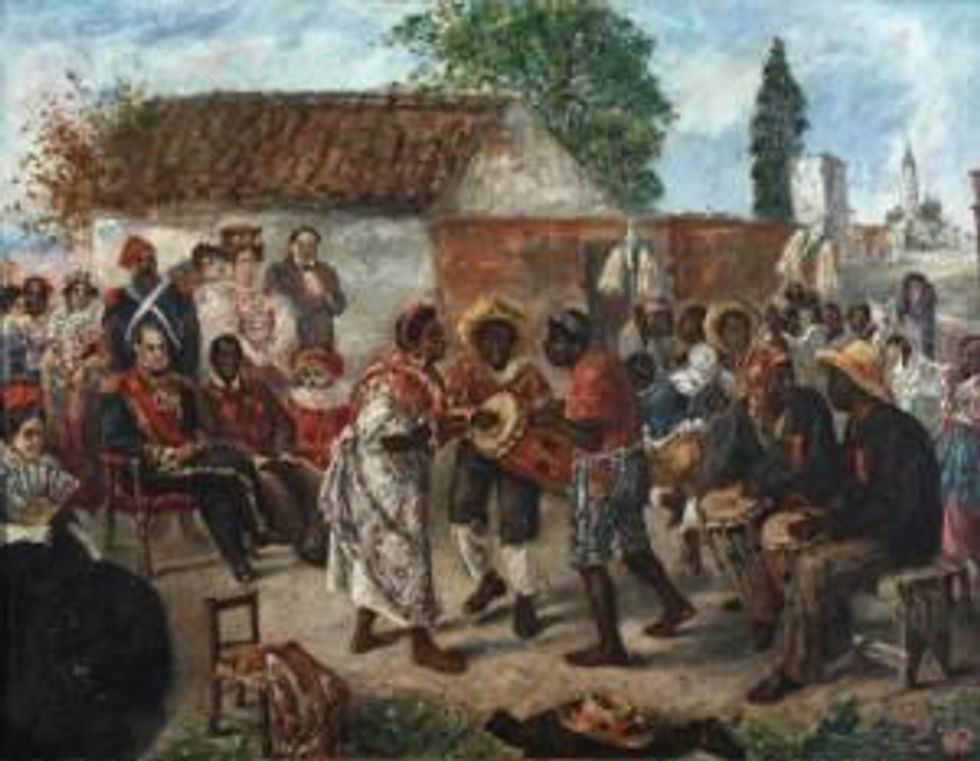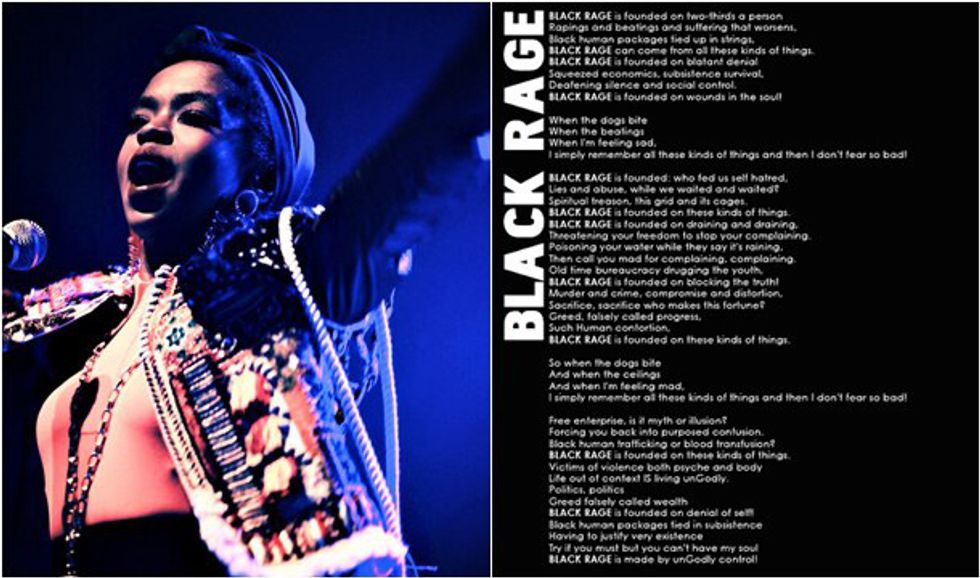Music was one of the many ways Africans, forced into a new land and stripped of their identity, created a culture of their own. They were able to hold on to their African roots while blending their new American experience. Although oppressed and subjugated throughout American history, African Americans used music as a form of protest and a reclaiming of their identity. Creating their own cultural heritage through music as opposed to conforming to the culture that was forced upon them could be seen as a proverbial middle finger raised to white America.
Enslaved Africans used music to communicate and organize uprisings. The use of drums to communicate was a skill they carried with them from Africa. Enslaved Africans would beat out long messages to secretly communicate a call to revolt. As soon as slave owners became aware of this, they banned their slaves from using drums in hopes that this would quell revolts. A 1755 Georgia colonial law stated,"Whatever master or overseer shall permit his slaves, to beat, blow horns or loud instruments “shall forfeit 30 shillings Sterling's for every such offence."
Drumming wasn’t the only way enslaved Africans secretly communicated and protested. Slaves would use a call and response, solo or group song, called a “work song” to regulate the pace of their work. This helped them meet their daily quotas and avoid lashes for not working fast enough. It moved the hum and drum of repetitive, tedious and backbreaking work along. With these songs they often coded to avoid trouble, they could express their frustration over being a slave, complain about their overseers, share their strength, and paint through their lyrics a world where they would be free. A work song can be broken apart into these three parts: short phrases between two to three bars, a combination of rhythmic singing, and a beat made with their feet, hands or field instrument.
Slaves would often talk about their overseers in code by referencing them as animals or figures in the bible like pharaoh. Although work songs were an act of protest, slave masters encouraged them because they saw it as a way of increasing production. They also felt that the work songs were a sign of their slaves' contentment and happiness.
“Slaves are usually expected to sing as well as to work. A silent slave is not liked by masters or overseers. . . .This may account for the almost constant singing heard in the southern states. . . .I have often been utterly astonished, since I cam north, to find persons who could speak of the singing among slaves as evidence of their contentment and happiness. It is impossible to conceive of a greater mistake. Slaves sing most when they are most unhappy. The songs of the slaves represent the sorrows of his life; and he is relieved by them only as an aching heart is relieved by its tears. At least such is my experience.”- Frederick Douglas
Slaves also encoded their songs with secret messages. Wade in the Water is a work song that gave the slaves an intricate and exact guide on how to escape to freedom and away from bloodhounds. “Jordan” or “The Promised Land” referenced in the song represented the non-slave state, Canada. Below is an excerpt of Wade in the Water:
“Who's that yonder dressed in red?
Wade in the water
Must be the children that Moses led
And God's gonna trouble the water
Wade in the water
Wade in the water, children
Wade in the water
God's gonna trouble the water”
After slavery was abolished and after fighting in the Civil war African-americans expressed their frustration of still not being equal through the Blues, a musical style that stemmed from work songs and Negro Spirituals. Like work songs, the Blues was infused with lyrics of protest and discomfort. It was filled with colloquial terms and phrases foreign to whites. Modern day Hip-Hop and R&B can find its roots and influences from work songs, negro spirituals and the Blues. Like its influencers, Hip-Hop is teemed with lyrics that talk about the black experience in America. Hip-Hop is infused with lyrics that rebel against the many ways blacks are still oppressed till this day. Many Hip Hop songs speak on issues like the prison industrial complex (modern day slavery), racism, and police brutality. A good example of this is a song by Lauryn Hill, Black Rage. Below is an excerpt of her song:
“Black rage is founded on two-thirds a person
Raping and beatings and suffering that worsens
Black human packages tied up in strings
Black rage can come from all these kinds of things.
Black rage is founded on blatant denial,
sweet economics, subsistent survival,
deafening silence and social control,
black rage is found in all forms in the soul,
Black rage is founded who fed us self hatred
Lies and abuse while we waited and waited
Spiritual treason
This grid and it's cages
Black rage was founded on these kinds of things”
Music will continue to mirror a shared experience. It is a coping mechanism, a victory march and a song of triumph. Just like the slave songs, current music will one day be an artifact or a primary source look into the struggles and victories of people. The day that Darren Wilson did not get indicted for the state sanctioned murder or Michael Brown. The day that I felt like a walking Eulogy. The day it was difficult to climb out of bed and pretend I was waking into a "normal" day. The day a classmate described someone who looked like me, who could have easily been my brother, as a "thug", which honestly is just a synonym for a nigger. The day I couldn't look anyone in the face and could not stop crying. The only thing that could comfort me was Ms. Hill's song. It made me feel as though, I was't alone. It was a cathartic experience that gave me the strength to hold my head up, even in a society proving itself to be anti-black more and more each day.
























